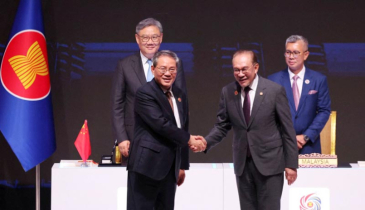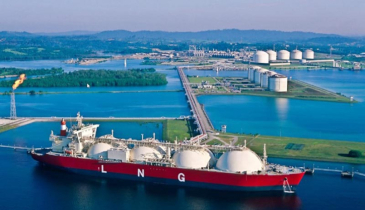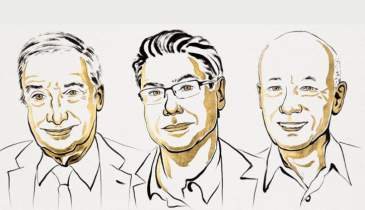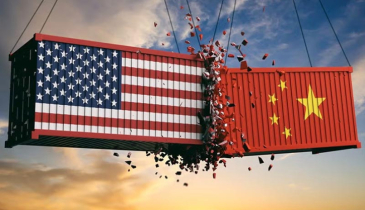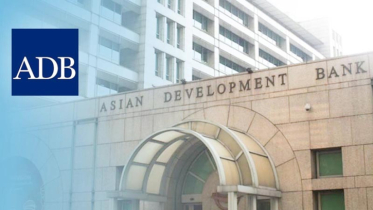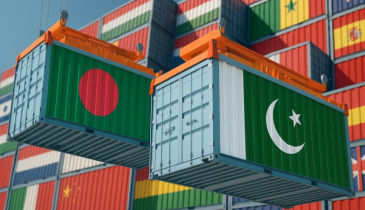Bangladesh Bank allows foreign currency-taka swap facility for dealers
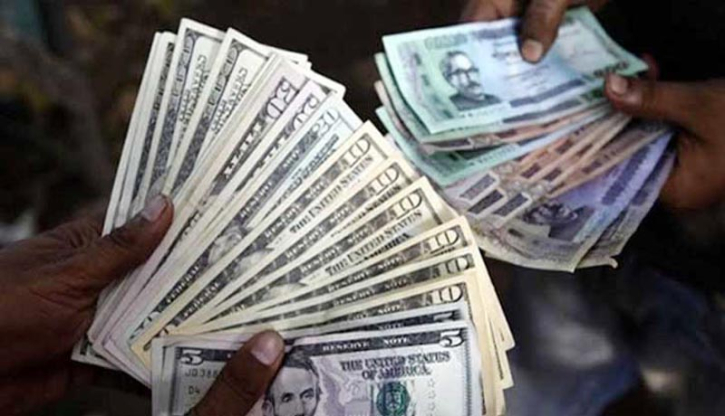
Bangladesh Bank has unveiled a new financial mechanism allowing authorised dealer (AD) banks to conduct foreign currency–taka swap transactions with exporters. The initiative is designed to help exporters address short-term liquidity needs in local currency without depleting their foreign exchange reserves.
According to a circular issued by the central bank, exporters will be able to swap funds from their Exporters’ Retention Quota (ERQ) accounts and 30-day foreign currency pools into taka for temporary use. The measure aims to provide businesses with greater flexibility in managing working capital requirements while ensuring their foreign currency holdings remain intact.
The swap tenor will be aligned with the expected utilisation period of ERQ balances and capped at a maximum of 30 days for funds held in 30-day pools. Upon maturity, the transaction must be settled in full, the circular added.
Bangladesh Bank stated that the applicable swap points or interest rate differentials between the two currencies will be determined based on market conditions or cost-reflective benchmarks. This ensures that the facility remains both commercially viable and transparent.
AD banks have been instructed to maintain robust risk management, liquidity control, and internal audit systems to oversee these transactions. Swaps must be executed only against available and unencumbered balances genuinely owned by exporters.
Importantly, the central bank clarified that these swaps will not be considered loans or financing facilities. The taka obtained through such arrangements must be used exclusively for legitimate export-related operational expenses, not for speculative trading or investment activities.
Analysts say the introduction of the swap mechanism could help stabilise exporters’ cash flow amid tightening liquidity in the domestic market. The move also reflects the central bank’s effort to enhance financial flexibility in the export sector while preserving foreign exchange reserves at a time of global currency volatility.
The facility, viewed as part of Bangladesh Bank’s broader reforms to support export competitiveness and maintain macroeconomic stability, is expected to benefit sectors such as ready-made garments, leather, and pharmaceuticals — key contributors to the nation’s foreign exchange earnings.
.png)


